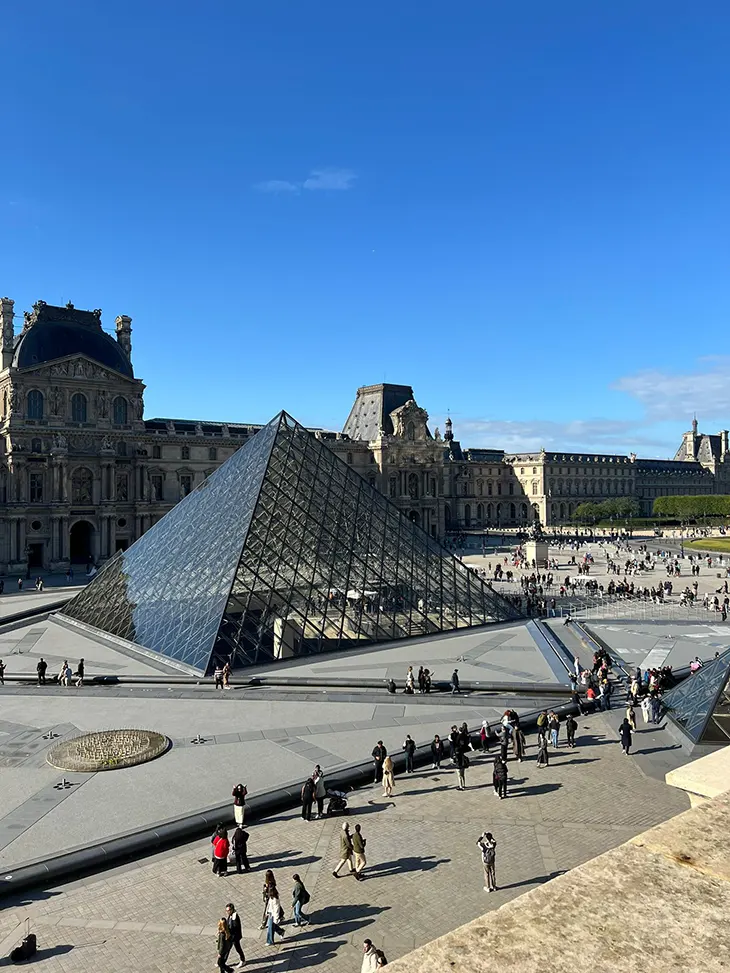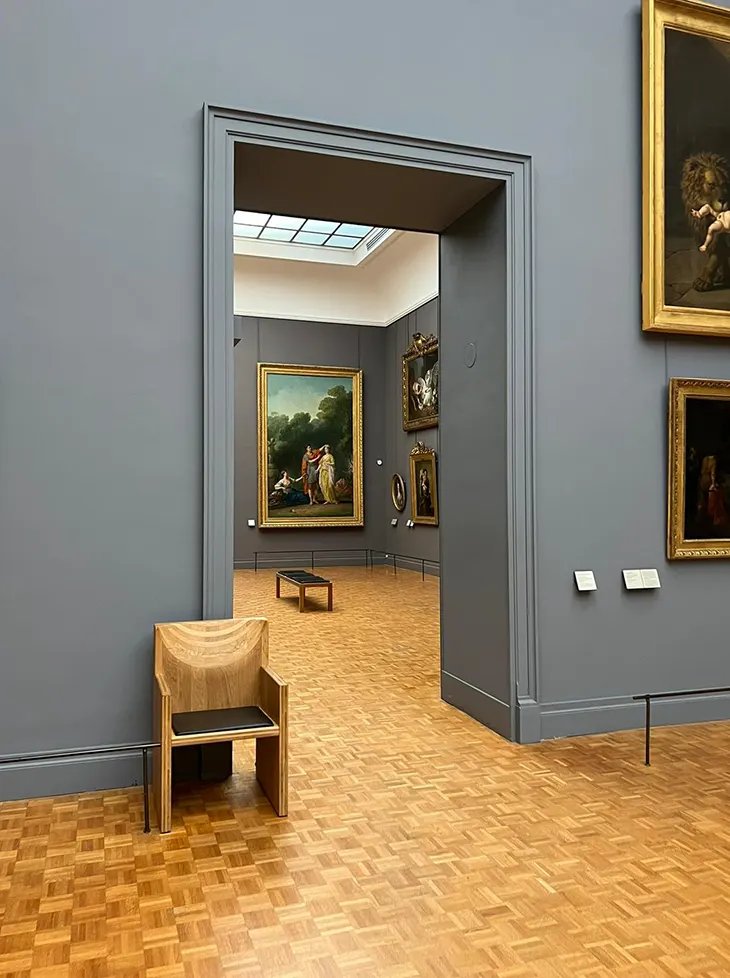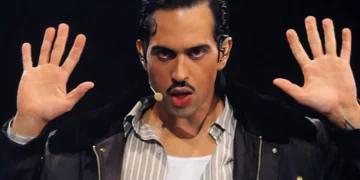
On 19 October 2025, four thieves disguised as workers used a basket-lift truck, entered the Louvre in daylight and stole French crown jewels worth roughly €88 million (about $102 million). The speed and audacity of the act made the event feel like a scene from a heist film, one where ordinary actors climb into the unexpected role of protagonist.
Watching the robbery, people found themselves transfixed by the theatrical precision: vests, balaclavas, a furniture-lift parked in broad daylight, cutting through glass, exiting on scooters all within minutes. It recalled classic caper movies, especially the Ocean’s Eleven franchise where George Clooney plays master thief Danny Ocean. Clooney himself weighed in, calling the moment “cool … I was very proud of those guys” and even suggested the next film, “Ocean’s 14,” might draw on the incident.
What this reveals is something deeper: in a high-stress world, people crave recognizable narratives where control is seized. A heist offers both spectacle and a moment where the rules are broken, but not violently, not with mass harm, but with style and speed. It delivers an escapist thrill, because the protagonists are, in a sense, stepping out of everyday life and rejecting its constraints for a moment.

The target of the heist was the crown jewels of France, objects of extreme value, extreme history, and extreme separation from most people’s lives. That separation creates a fertile stage for projection. Seeing “ordinary” people grab power, even if momentarily, from an institution built on heritage and wealth prompts a mix of envy, amazement and approval among viewers.
Couple that with the glaring failure of the museum’s guard-rails and systems, fairly exposed now as outdated and insufficient, and the act acquires an anti-institution flavour. Officials describe the security at the Louvre as “not in line with modern standards” and acknowledge a “chronic, structural underestimation of the risk of intrusions and theft.” That collapse of the safeguard system invites the public to feel as though the giants of culture can be toppled, even if only symbolically. It resonates within a cultural moment marked by frustration with elite institutions, unequal distribution of power, and absurdity in the face of oversight lapses.
In the days following the heist, hijinks appeared: costumes of construction-worker thieves, utility vests and balaclavas popped up around Halloween and in social media. These dress-ups enact a playful reversal of roles. Ordinary folks adopt the guise of the audacious ones. It signals desire to step out of the expected script.
It may feel unsettling to say people find joy in such a crime, but the joy isn’t naive. It lies in the absurdity and the sheer impossibility of the scenario: a multi-million-dollar heist in broad daylight from one of the world’s most visited cultural landmarks. The clownishness, the lift, the vests, the scooter-escape, adds a kind of dark humour. As one expert put it, the thieves “used low-tech methods to outsmart high-tech security measures.”
View this post on Instagram
That absurdity gives the event its viral energy. People share clips, memes, jokes. Clooney’s commentary itself became part of the spectacle. The heist becomes a story beyond crime: it becomes entertainment, fantasy, social commentary. How often does the real world deliver a script this dramatic? Of course, there are real consequences, heritage damaged, investigations under way, security reforms forced. French senators visited, criticized the Louvre’s equipment and flagged urgent upgrades.
The joy the public derives doesn’t erase the fact that institutions failed and theft of cultural property matters deeply. But the fact that the moment sparked exhilaration speaks to a deeper appetite: for actors, even masked ones, to step off the map of ordinary life and into the mythic.
If the next “Ocean’s” film channels the Louvre raid, it won’t just be because it makes a good plot. It’ll be because this moment touched something in all of us: the craving to break the rules, to step outside our roles, to imagine power in unexpected hands, even if just for seven minutes. The joy is partly in the watch-and-wonder, partly in the hope that maybe we too can step into a different narrative, even if only in costume, fantasy, or shared meme.
RELATED: NEWS



















